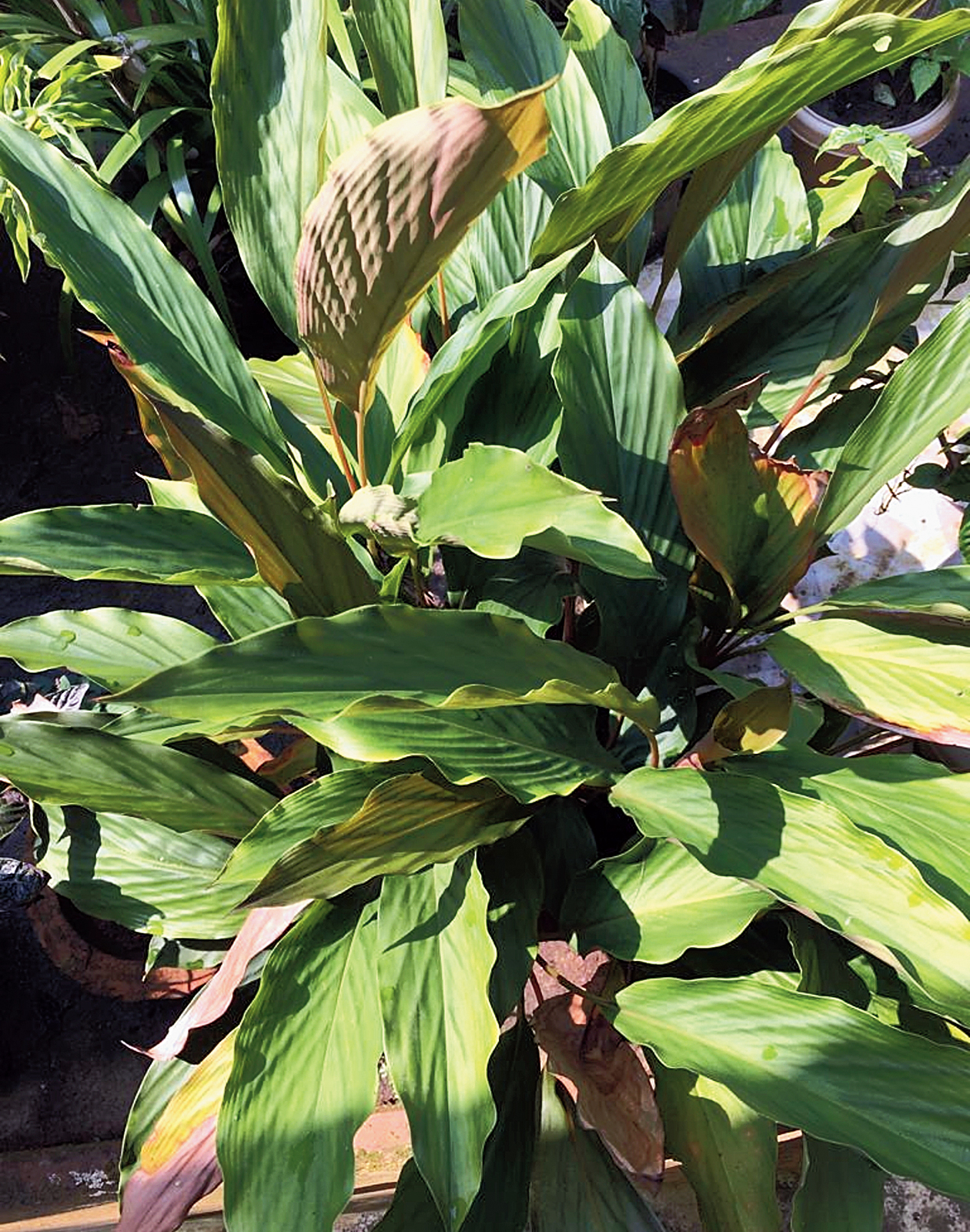A new plant species in Assam has been named after Austrian scientist Christian Puff who had come to Assam in search of Rubiaceae plants.
The species, Pavetta puffii, has been discovered by Jatindra Sarma, a senior Assam forest department official, during his field explorations in West Karbi Anglong district in 2016-18.
The discovery has been published in the Nordic Journal of Botany.
The others who had helped Sarma are Hussain Ahmed Barbhuiya of Bhabha Atomic Research Centre and Santanu Dey of Nagaland University.
Rubiaceae is a family of flowering plants, commonly known as the coffee, madder, or bedstraw family. It comprises terrestrial trees, shrubs, lianas or herbs that are recognisable by simple, opposite leaves with interpetiolar stipules.
“I found a shrub growing in rock crevices at the edges of the Kopili riverbed near Koka. It turned out to belong to a new species of Pavetta,” Sarma told The Telegraph.
It is a rheophytic plant. Rheophytes are the plant species which are confined to the beds of swift-running streams and rivers and grow there up to flood-level, but not beyond the reach of regularly occurring flash floods.
Rheophytic land plants either can be herbs or shrubs.
He said the species is named in honour of the late professor Christian Puff (1949–2013), an Austrian botanist who devoted his life to the study of the Rubiaceae family and, in later years, focused his work on the Flora of Thailand project. He made a field visit to India in search of Rubiaceae plants, especially in Assam. During his visit, he spent time (from August 8 to 22, 2013) with Sarma and Satanu Dey.
The flowering and fruiting occurs from April to May.
Its conservation status remains data deficient (DD) under the IUCN conservation status.











